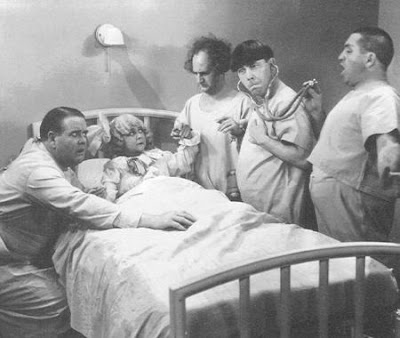Yesterday, there were some interesting FaceBook conversations on intubation. What if the medical error I wrote about in the previous five posts had been an intubation error, rather than a medication error?
I would expect a lot of the Don’t Take Our Sacred Endotracheal Tubes set to be claiming that it is just an individual problem and definitely not a sign of any institutional problem.
Do we practice or do we depend on divine intervention to get the tube? I see plenty of working medics who do act as if they expect divine intervention. They do not practice, but they blame others when there is no divine bailout for their lack of skill.
–
–
Do we ask ourselves –
Are all of the medics I work with excellent at intubation?
Do all of the medics I work with get enough tubes?
Do all of the medics I work with get enough practice?
Is the intubation success rate over 95% where I work?
Is the unrecognized esophageal intubation rate zero (a true zero, not rounded off to zero) where I work?
Is there genuine oversight of all intubations where I work?
Do we use judgment about the right way to manage each airway?
Or is our airway management all tubes all of the time?
Are we too good to practice with mannequins?
Do we track every attempt, every airway, and every tube?
Are all of our statistics available to everyone?
If not, what are we hiding and why?
Do we consider it an insult to go to the hospital for practice?
Do we intubate a mannequin a few times at the start of each shift?
–
If there is a problem with an intubation, do we look for systemic problems that might lead to errors for other medics or do we just look for an excuse to declare pilot error and ignore the possibility that we might make a similar error?
If we aren’t creating a system of excellence, aren’t we demanding that intubation be taken away from us?
If we aren’t demanding excellence from our coworkers and from ourselves, why should anyone listen when we demand to intubate?
.



After having gone through recent surgery, all i can say is that i took great comfort in the fact that my anesthesiologist performed 700-800 intubations per year. I understand that it may be beneficial from a risk/reward standpoint to intubate in the field with less experiencel “when absolutely necessary”, the only problem being that i don’t have any idea any more what “absolutely necessary” means. And nobody can show me with evidence what it means either.
The evidence is pretty clear now that paramedics, on the whole, should not be intubating.
There are literally dozens of studies that show that 1) paramedics aren’t good at intubating, and 2) that prehospital intubation, even when done properly, rarely improves outcomes.
AMEN